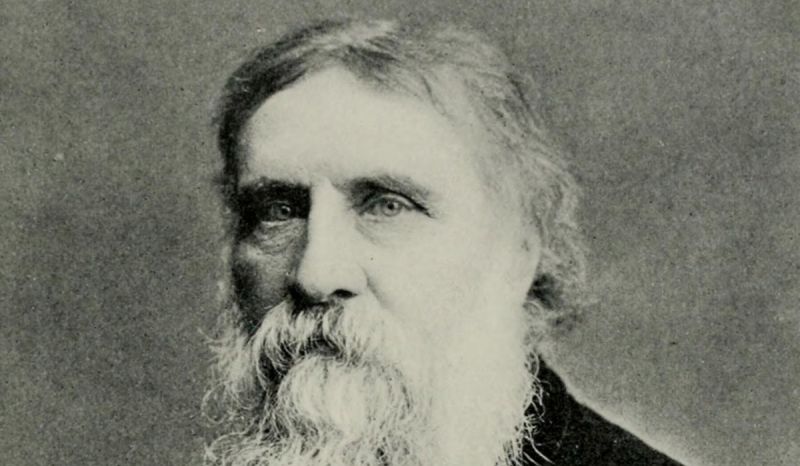George MacDonald on Heaven and Plurality
19th June 2018 | By George MacDonald
George MacDonald (1824-1905) was a Christian who wrote novels, poetry, sermons and fairy tales.

George MacDonald (1824-1905) was a Christian who wrote novels, poetry, sermons and fairy tales. He was an inspiration to C.S. Lewis, W.H. Auden and G.K. Chesterton and one of the fathers of the literature of fantasy. Here are a few of his thought-provoking words:
We all know something nobody else knows
Everyone of us is something that the other is not, and therefore knows something - it may be without knowing that he knows it - which no one else know: and... it is everyone’s business, as on of the kingdom of light and inheritor in it all, to give his portion to the rest.
George MacDonald: The Inheritance.
Conformity is a sign of decline
All wickedness tends to destroy individuality and declining natures assimilate as they sink.
George MacDonald: Alec Forbes, Volume III, Chapter 26.
Persecution is born of fear we can't defend our faith
Clara’s words appeared to me quite irrelevant... but what to answer here I did not know. I almost began to dislike her; for it is often incapacity for defending the faith they love which turns men into persecutors.
George MacDonald: Wilfred Cumbermede, Chapter 18.
The usefulness of the moral law
Of what use then is the law? To lead us to Christ, the Truth - to waken in our minds a sense of what our deepest nature, the presence, namely of God in us, require - to let us know, in part by failure, that the purest efforts of will of which we are capable cannot lift us up even to abstaining from wrong to our neighbour.
George MacDonald: Unspoken Sermons, Love Thine Enemy.
To not forgive is spiritual murder
It may be infinitely less evil to murder a man than to refuse to forgive him. The former may be the act of a moment of passion: the latter is the heart’s choice. It is spiritual murder, the worst, to hate, to brood over the feeling, that in our microcosm, kills the image, the idea of the hated.
George MacDonald: Unspoken Sermons, It Shall Not be Forgiven.
The desirable immortality
To some minds the argument for immortality drawn from the apparently universal shrinking from annihilation is the one thing to be longed for, with all the might of longing which is the mainspring of human action. In a word, it is not immortality the human heart cries out after, but that immortal, eternal thought whose life is life, whose wisdom is wisdom... Dissociate immortality from the living Immortality, and it is not a thing to be desired.
George MacDonald: Wilfred Cumbermede, Chapter 58.
